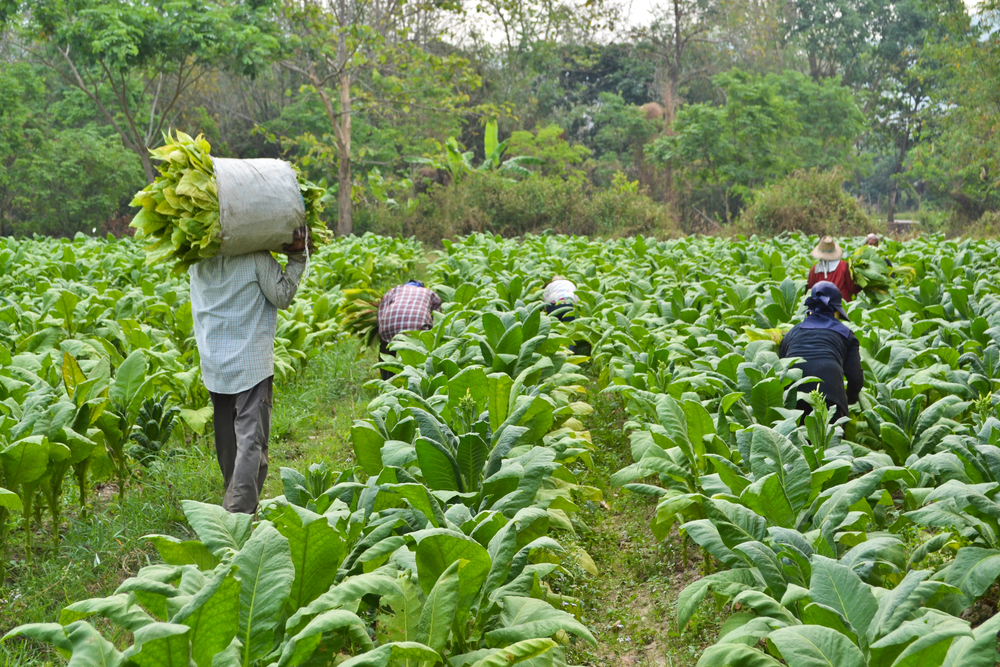Breaking
Group lashes out on US business group’s meddling with PH legislation on tobacco
MANILA — A newly released international report reveals how the US Chamber of Commerce and its global American Chamber affiliates have acted in behalf of the tobacco industry in influencing tobacco control policies that resulted to weak or compromised legislative results and undermined governments’ independence.
The 17-page report titled U.S. Chamber of Commerce, Blowing Smoke for Big Tobacco and released this month, has described the various ways the organization flexes its muscles on countries that include opposing health policies, pitting nations against each other in international trade disputes and influencing international trade agreements to benefit the tobacco industry.
The report also contained case studies of five countries namely the Philippines, Uruguay, Burkina Faso, Moldova, and the European Union and told how the organization and its local affiliates had lobbied to oppose health measures specifically tobacco taxes, graphic health warnings, and standardized packaging.
“This confirms what we in the health community have been seeing for years – how big tobacco uses multi-pronged approaches to lobby its interests to the point of undermining government’s independence to chart their own affairs,” said Emer Rojas, president of the New Vois Association of the Philippines (NVAP).
The report cited as an example how the US Chamber and the AmCham in the Philippines aggressively fought to fight the enactment of the amended sin tax in 2012 backing up misleading industry arguments such as tobacco smuggling and illicit trade, and insinuating that government would fail to reach its revenue targets.
“None of those threats had happened. Today revenues from the sin tax fund universal health care for poor Filipinos and increased the health budget at a level we’ve never seen before,” Rojas said.
The NVAP chief said the tobacco industry’s influence in Philippine politics was so strong that while government had passed three national tobacco control laws they were not without some form of compromise to please the industry.
“Republic Act 9211 or the tobacco regulation law allowed the industry to sit in the interagency committee that monitors compliance of the law. We lobbied Congress for unitary tax for cigarettes but this won’t happen until 2017. We proposed bigger graphic health warnings and shorter compliance period but legislators settled for 50% coverage and gave the industry almost two years to comply. We would have better versions of these laws but unfortunately some compromise had to be reached,” he said.
Rojas noted that big tobacco was also able to exert influence on health policies as it donated millions of pesos to disaster relief and fund educational scholarships in the guise of corporate social responsibility.
The report, published by various organizations that include Campaign for Tobacco Free Kids, Southeast Asia Tobacco Control Alliance, and Framework Convention Alliance, also revealed how the US Chamber of Commerce, a Washington DC-based private trade organization has lobbied for big multinational companies around the world and created a misconception that it represents the entire American business community.
“As the self-described ‘world’s largest business organization,’ the U.S. Chamber’s positions on public policies around the world, including public health policies, are often perceived as carrying the weight of the U.S. business community. As a result, for many governments – particularly in low- and middle-income countries (LMICs) – disregarding U.
S. Chamber policy positions on tobacco can carry an implied threat for the country’s prospects to attract investment and economic growth.
The report noted that some chamber officials and those at its AmCham affiliates come from the tobacco industry.






















